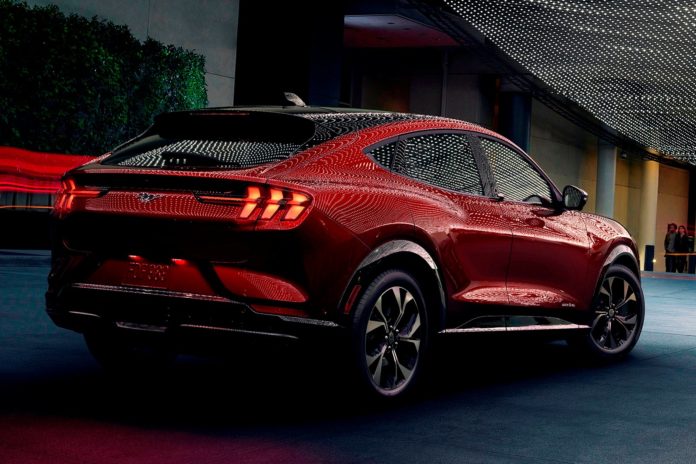“If you cannot compete fair and square with the Chinese around the world, then 20 to 30% of your revenue is at risk. We have to fix this problem. We have to address this,” said Farley.
The CEO also commented on the UAW, noting that he was disappointed when the union shut down several profitable plants. He also suggested that the automaker could move production elsewhere following the more expensive UAW contracts that resulted from last year’s automotive strikes.
According to Automotive News, he said, “That was a moment for us. Clearly, our relationship has changed,” adding, “Does it have a business impact? Yes.”
Employing more union members than rivals and building more cars in UAW-led plants in the US than rivals impacts the bottom line, and eventually, Ford has to ask itself where it would be most efficient to build its cars. These sentiments have led to more fiery retorts from the UAW on social media, suggesting further opposition down the line.
We admire that Farley wants to build cheaper cars, but we have to be cautious about excessive optimism.

